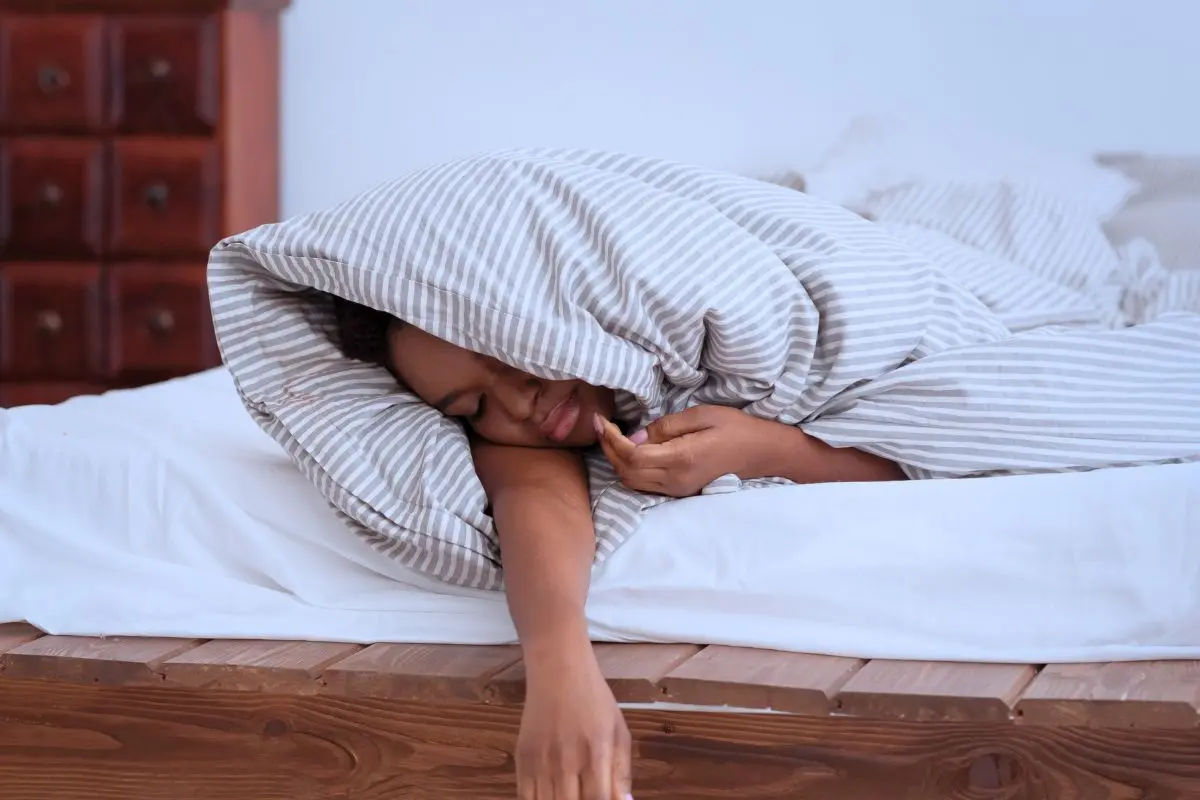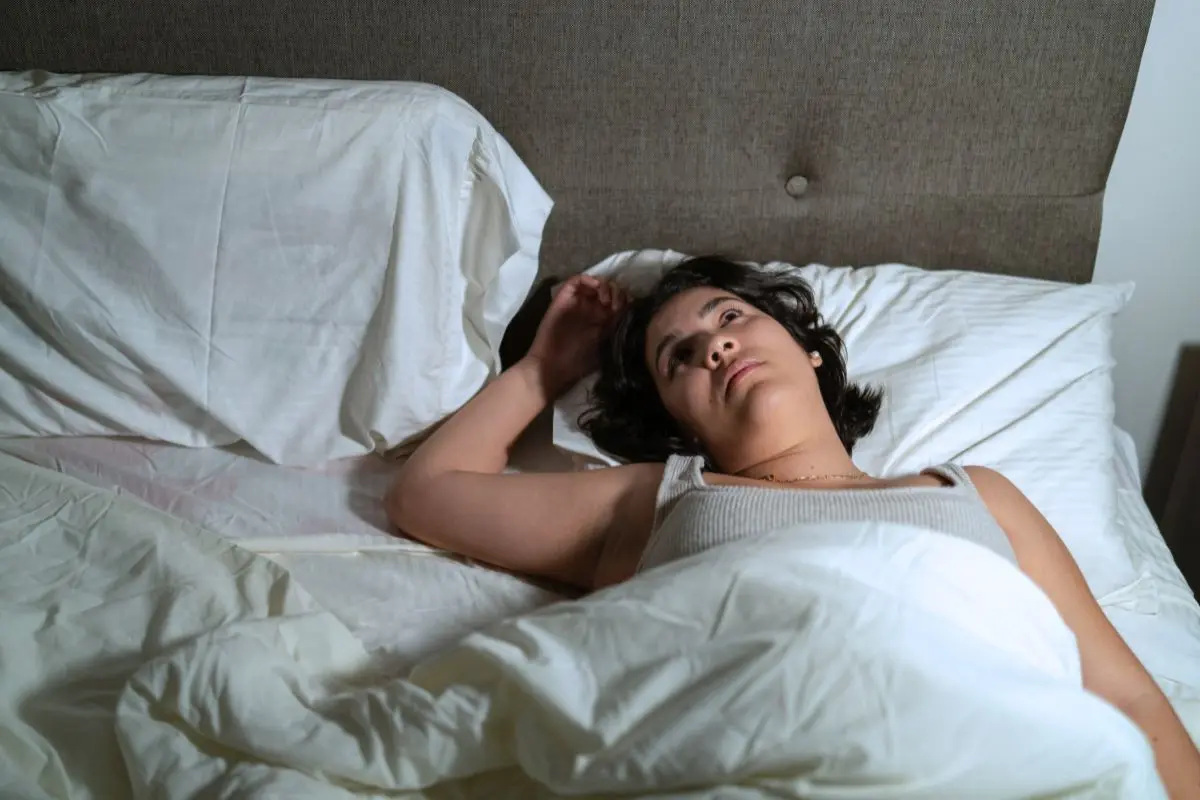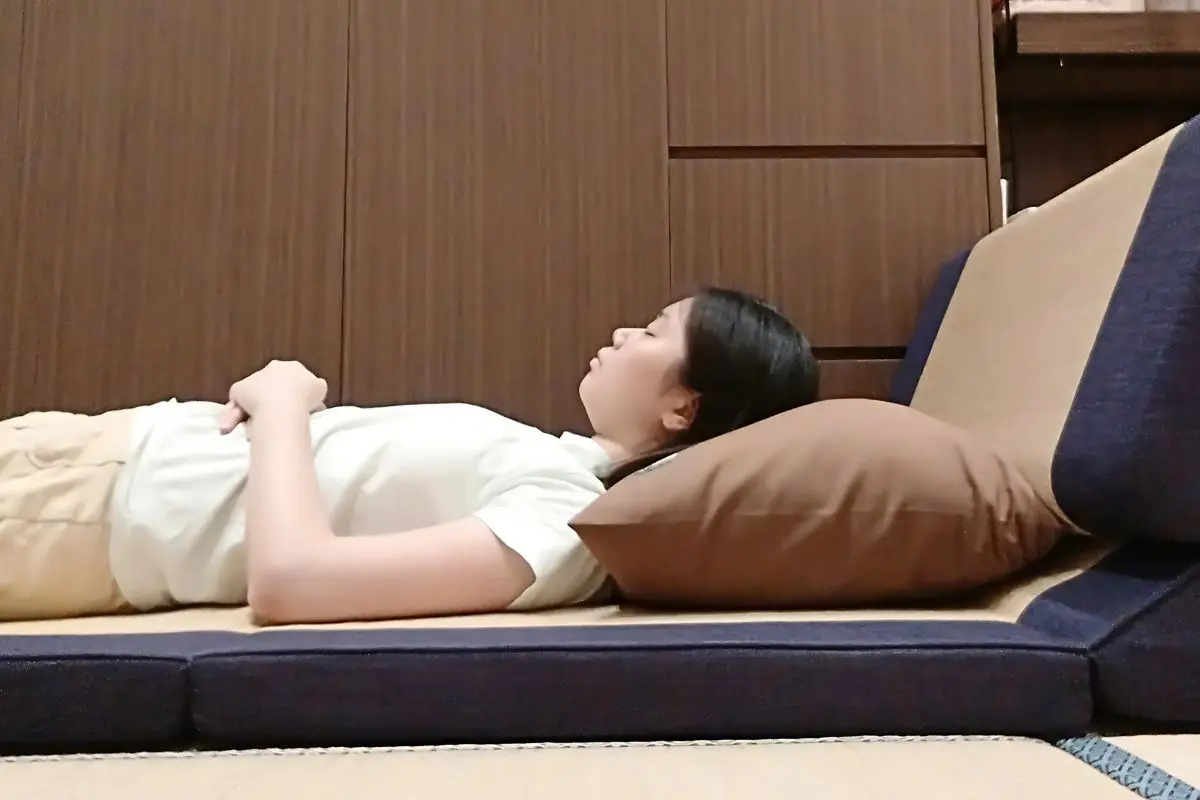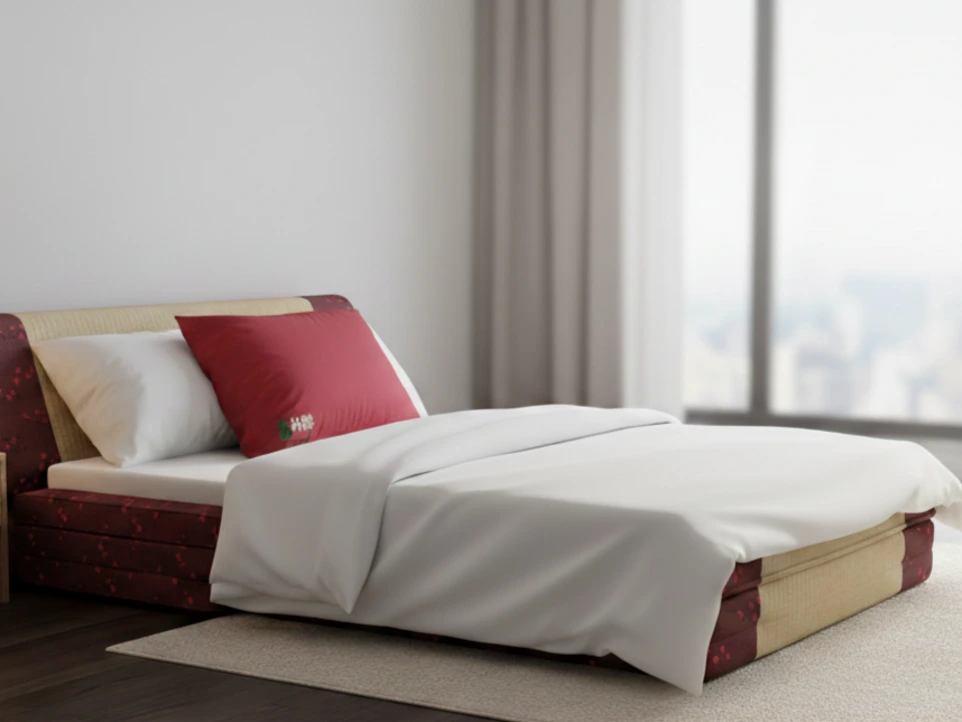You go to bed early. You wear blue light glasses. You cut caffeine. You track every sleep cycle, REM phase, and heart rate dip. And yet, you're still exhausted.
That feeling could be more complex than just stress. It could be orthosomnia, a type of sleep anxiety that shows up when we start obsessing over "perfect" sleep.
What Is Orthosomnia?
The term comes from a 2017 paper published in the Journal of Clinical Sleep Medicine, describing people who became so focused on their sleep data that it started keeping them awake.

Basically, the more we try to force ourselves to sleep better, the harder it becomes to actually rest. And that’s the irony: perfect sleep is something you feel, not something you measure.
Why Sleep Trackers Might Be Stressing You Out
Sleep tracking can be helpful when used appropriately. But for many, it has led to:
- Checking data first thing in the morning, before observing how your body feels
- Feeling bad or anxious when you see a low sleep score
- Trying to "optimize" sleep as if it's a project, not a process

When we become obsessed with improvement, we miss the whole point: sleep is not a performance.
The Problem With Trying Too Hard to Sleep
You can’t sleep well under pressure. The more you try to sleep, the more your brain stays alert.

It’s like trying to fall asleep before a big day. You might find yourself being too aware of your breathing, the clock, or your own thoughts. That awareness activates your stress system, even if there’s nothing “wrong”.
Over time, the stress of trying to sleep better can actually make sleep worse.
Signs You Might Be Dealing With Sleep Anxiety

- You feel anxious about sleeping, especially when bedtime nears
- You check your sleep score more than your energy levels
- You avoid normal activities that could “ruin” your sleep (like dinner with friends)
- You feel frustrated after a night of "bad data", even if you don’t feel tired
What Can You Do Instead?
Here’s the good news: the solution often lies in letting go, not trying harder.

Try these instead:
- Focus on rest, not numbers. Notice how your body feels in the morning.
- Take your time to wind down. Dim the lights, avoid gadget screens, and create a slow, familiar bedtime ritual.
- Sit quietly before bed. Even five minutes of seated meditation (like Zazen) can help calm a racing mind.
- Avoid self-diagnosing. If you’re genuinely concerned about sleep issues, talk to a real, certified specialist.
You don’t need perfect data to get good rest. You just need to feel calm enough for sleep to come naturally.
Set Realistic Expectations
Nobody sleeps perfectly every night, and that’s okay.
Sometimes, the most restful thing you can do is give yourself permission to sleep however you like and not worry too much about it.

And if you’re looking to make your evenings calmer, consider how your space feels. Even a slight change to your bedding can support better rest, not by measuring it, but by making room for it.
Real rest starts with trust, not technology.
IMPORTANT: This article is for general informational purposes and does not replace medical advice. For sleep disorders or health concerns, consider consulting a qualified professional.

